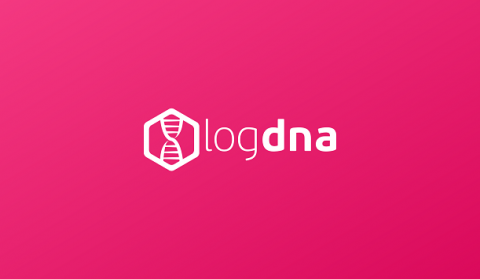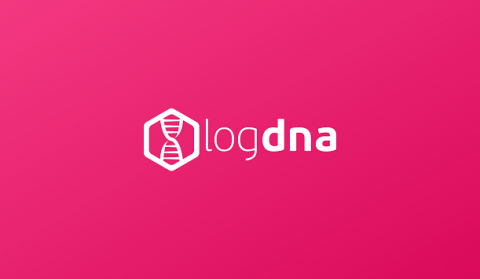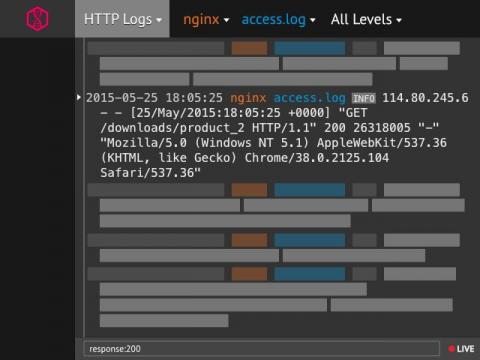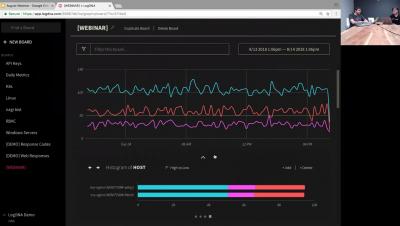LogDNA Announces New Log Management Capabilities on IBM Cloud
LogDNA today announced a new offering that enables developers to troubleshoot coding bugs and quickly fix development errors in applications, potentially saving businesses millions of dollars in development hours, downtime and associated revenue loss. IBM Log Analysis with LogDNA integrates LogDNA services to allow developers to aggregate all their log data across applications in the IBM Cloud.








